As promised…
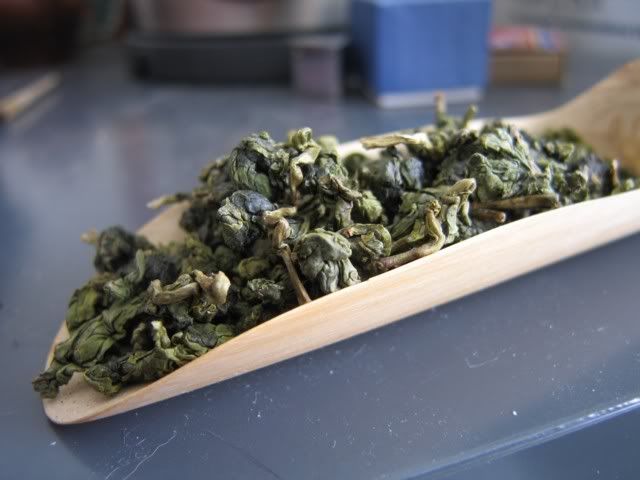
Benshan, otherwise known as fake tieguanyin, or at least, it’s often mixed into tieguanyin and sold as such. It’s very cheap — my 100g bag cost 10 RMB, which comes to around $1.20. And this is the good stuff — there’s stuff that’s about half the price.
I used my tieguanyin pot to make it
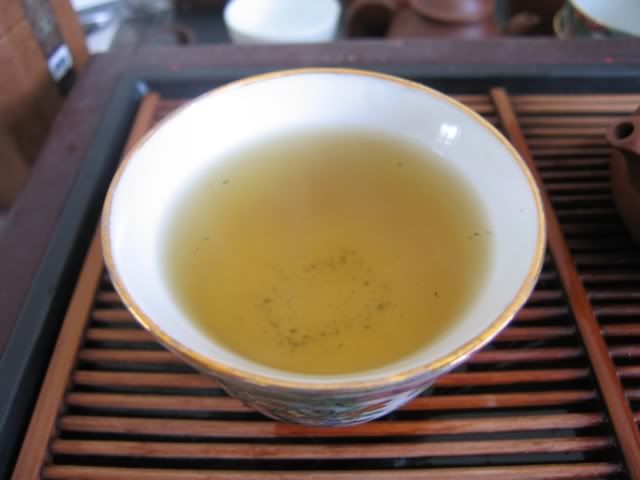
Yum
It’s really quite interesting. The tea isn’t terrible. It’s got a familiar taste — I KNOW I’ve had this tea before, or at least something quite similar. I recognize the aroma, and the aftertaste. It’s even got a nice aftertaste, although for all I know, it’s some chemical they sprayed onto the thing. I am quite confident that this can be sold easily as tieguanyin here for 30 cents a gram and nobody would notice. Mix in a little tieguanyin, and it’s probably even harder to notice.
That’s what they do in China, anyway, so a guy selling tieguanyin here might actually be selling you benshan, and he doesn’t even know it.
I really haven’t had tieguanyin often enough these days to discern all the minor differences between this tea and the real deal. All I can say is this was a little thin, the huigan and the yun a little slow in coming, and a little grassy at the end. All in all… acceptable, but since I don’t like drinking things like this anymore these days, it mattered little.
The wet leaves
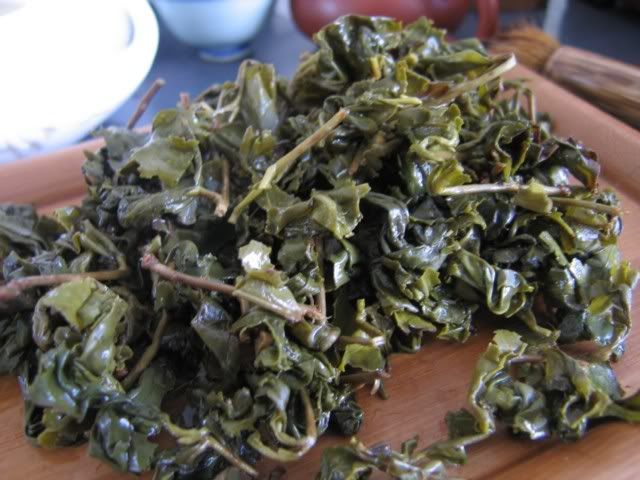
Do they look familiar? I hope not. I was told that one way to tell Benshan is that the stem of the leaves tend to look a little like bamboo — with little indents on them. They also don’t tear apart cleanly — when you pull them apart, they don’t have a clean cut, whereas a tieguanyin would. Differences in stem structure, I suppose, although I have never tried verifying this for sure. Maybe somebody can do that test for me.

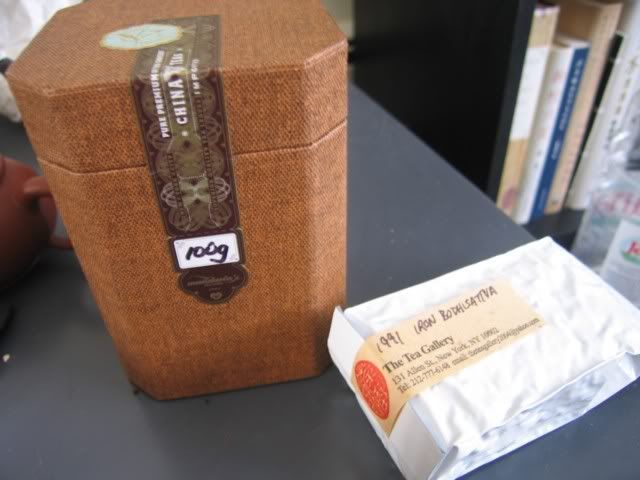
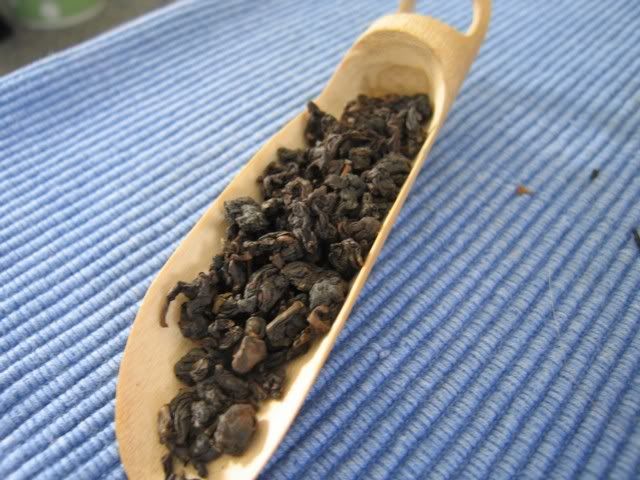
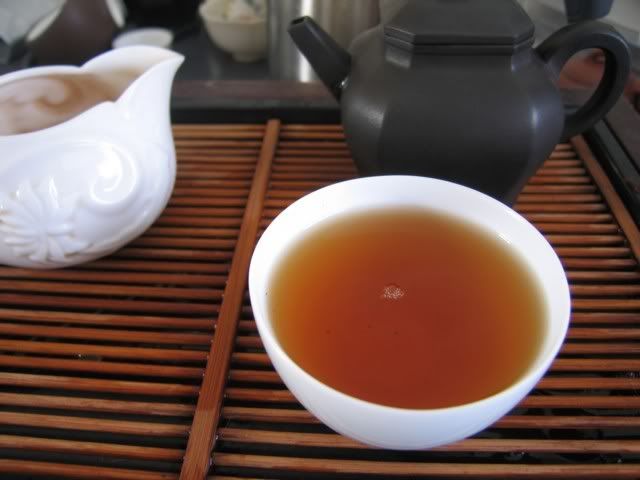
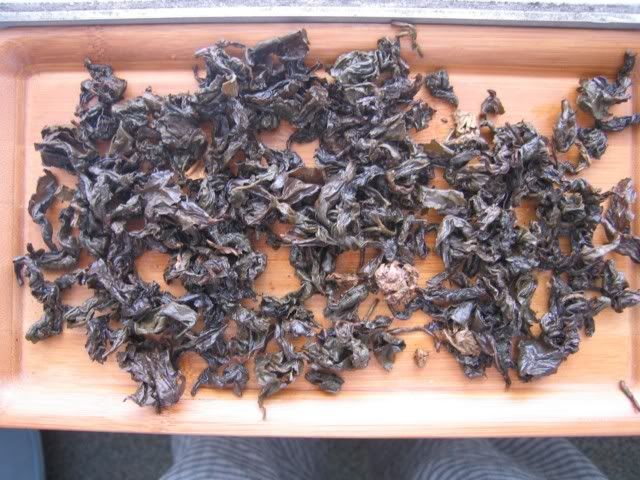




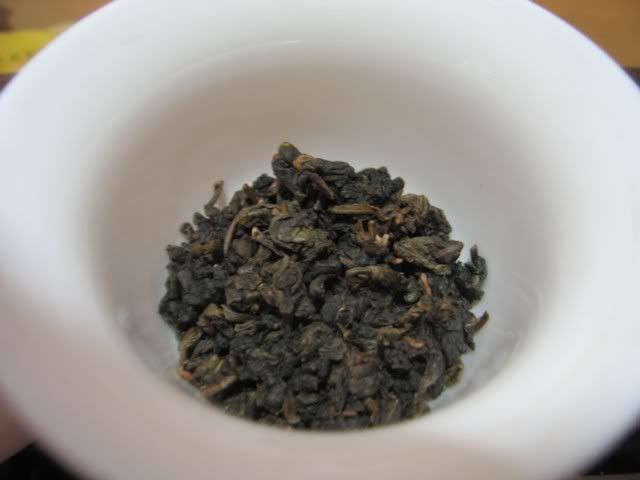
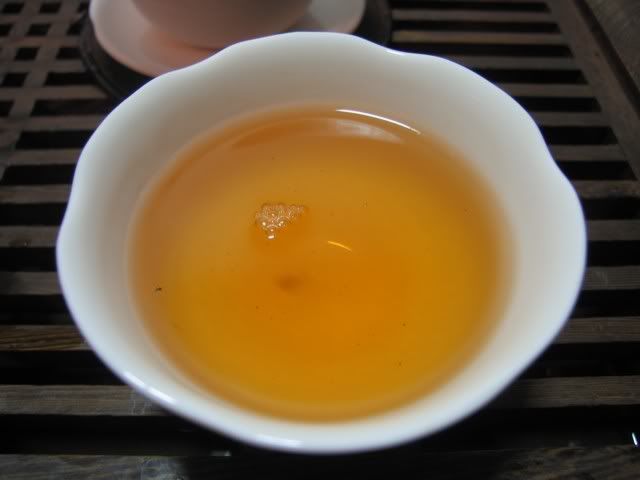
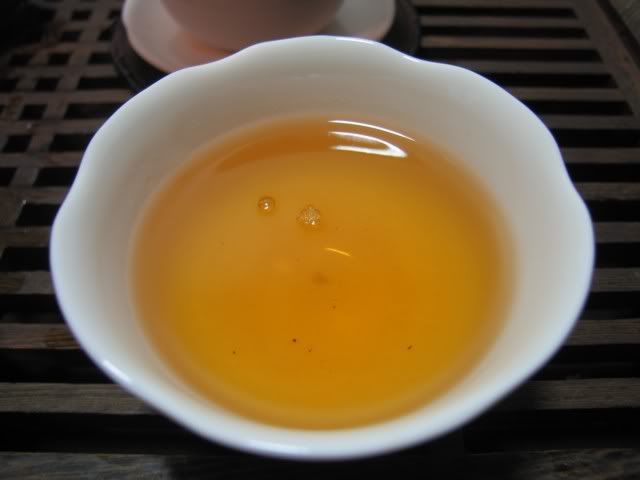
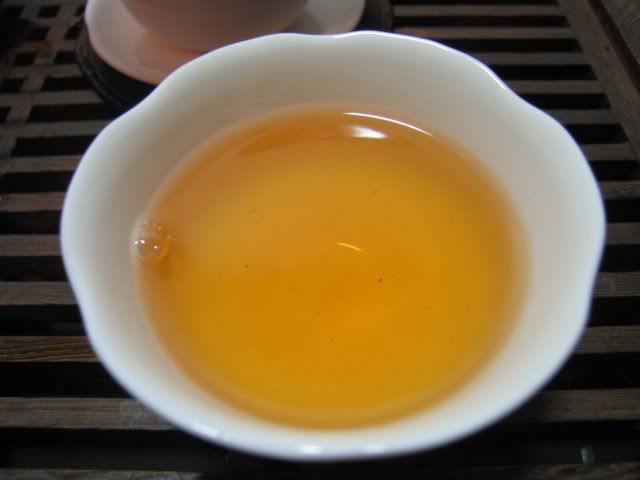
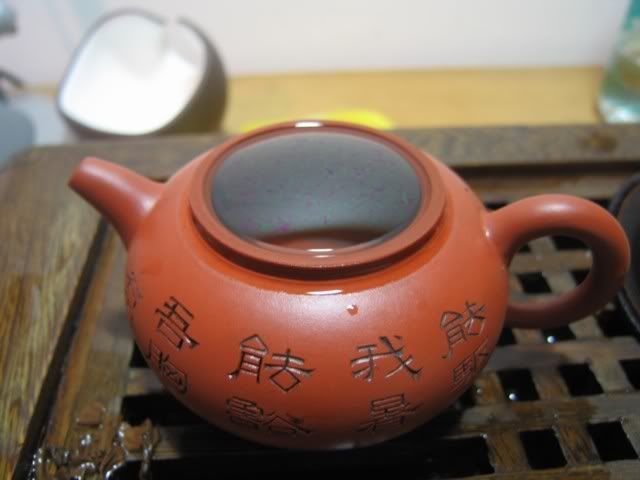
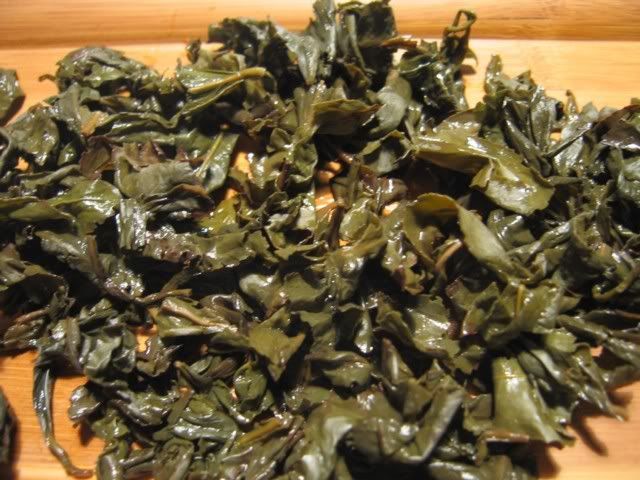
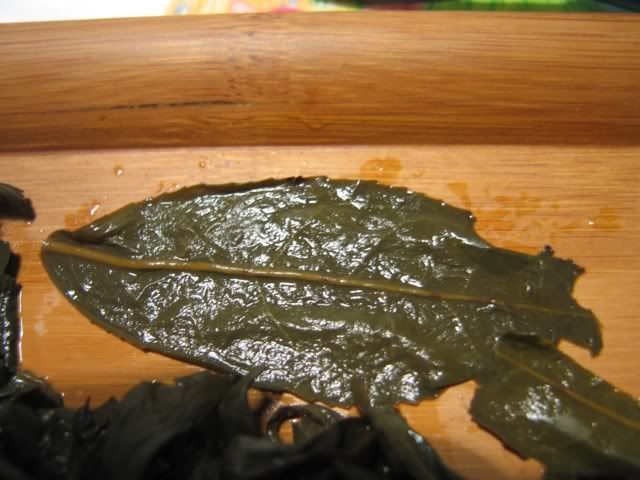
 RSS - Posts
RSS - Posts
I took you at your suggestion and have been reading some of your old post-Covid posts. I haven’t been to…